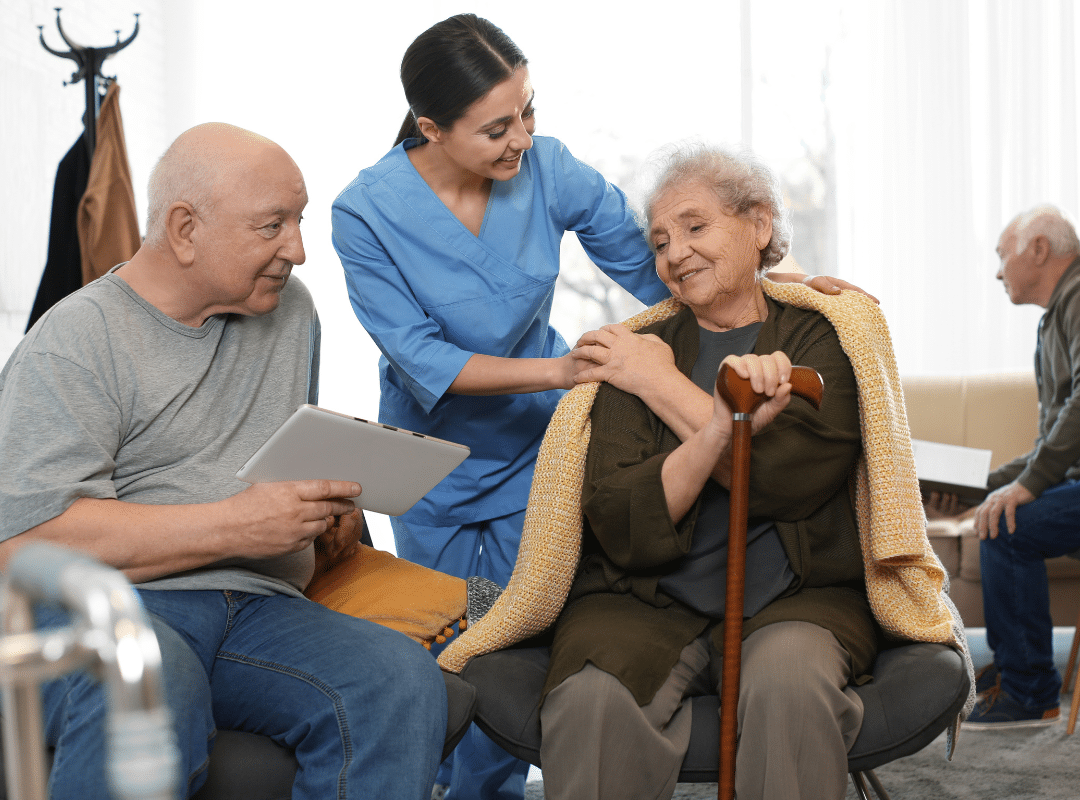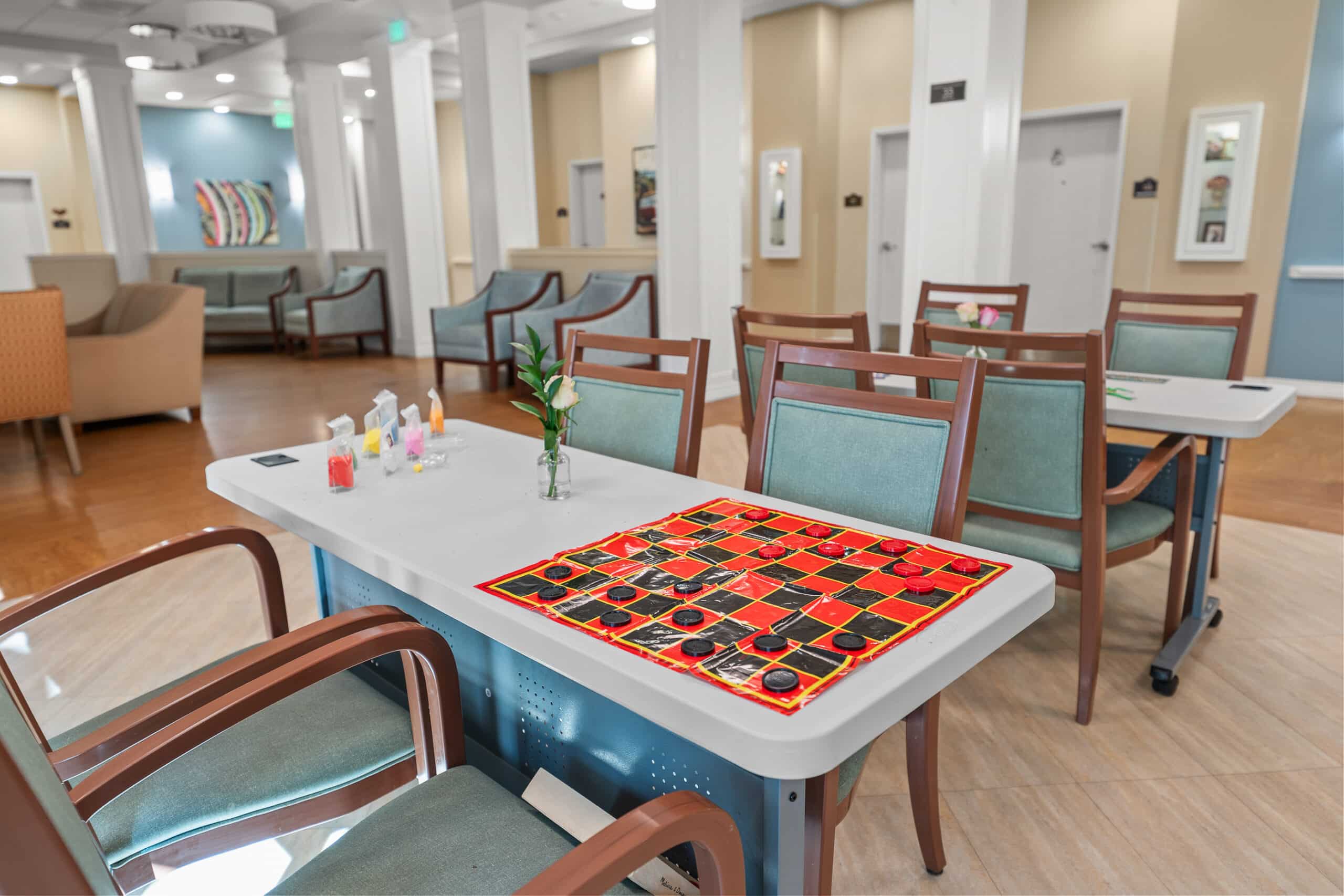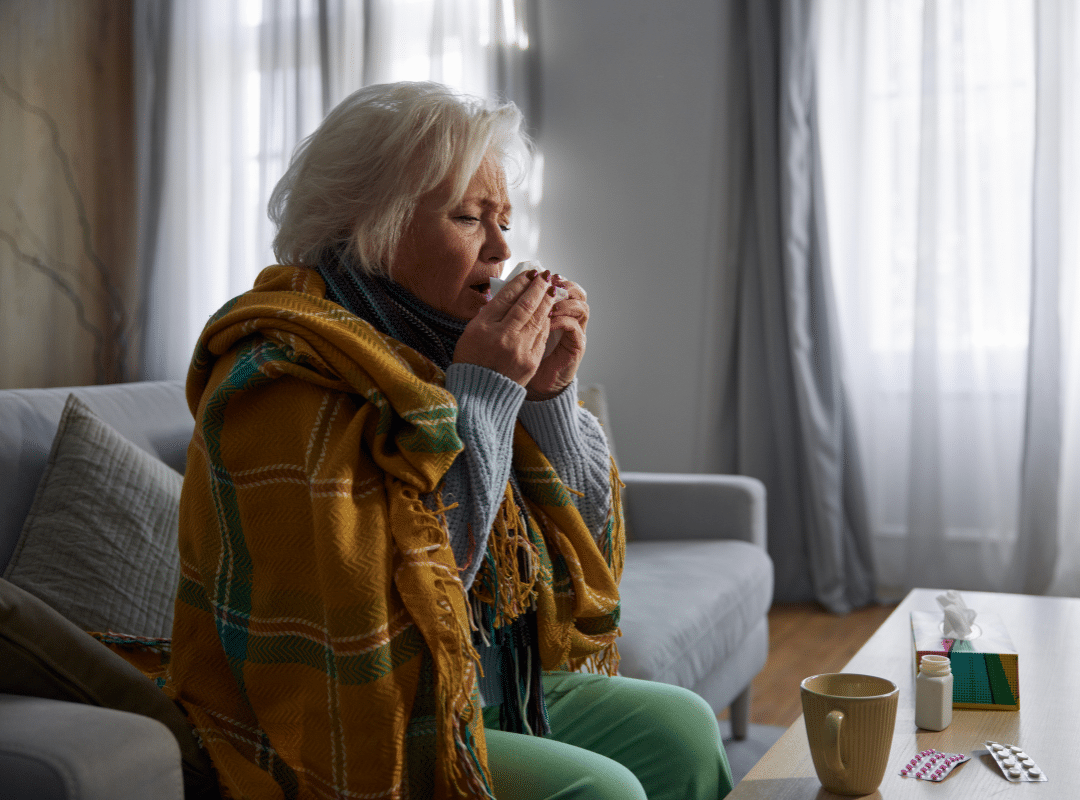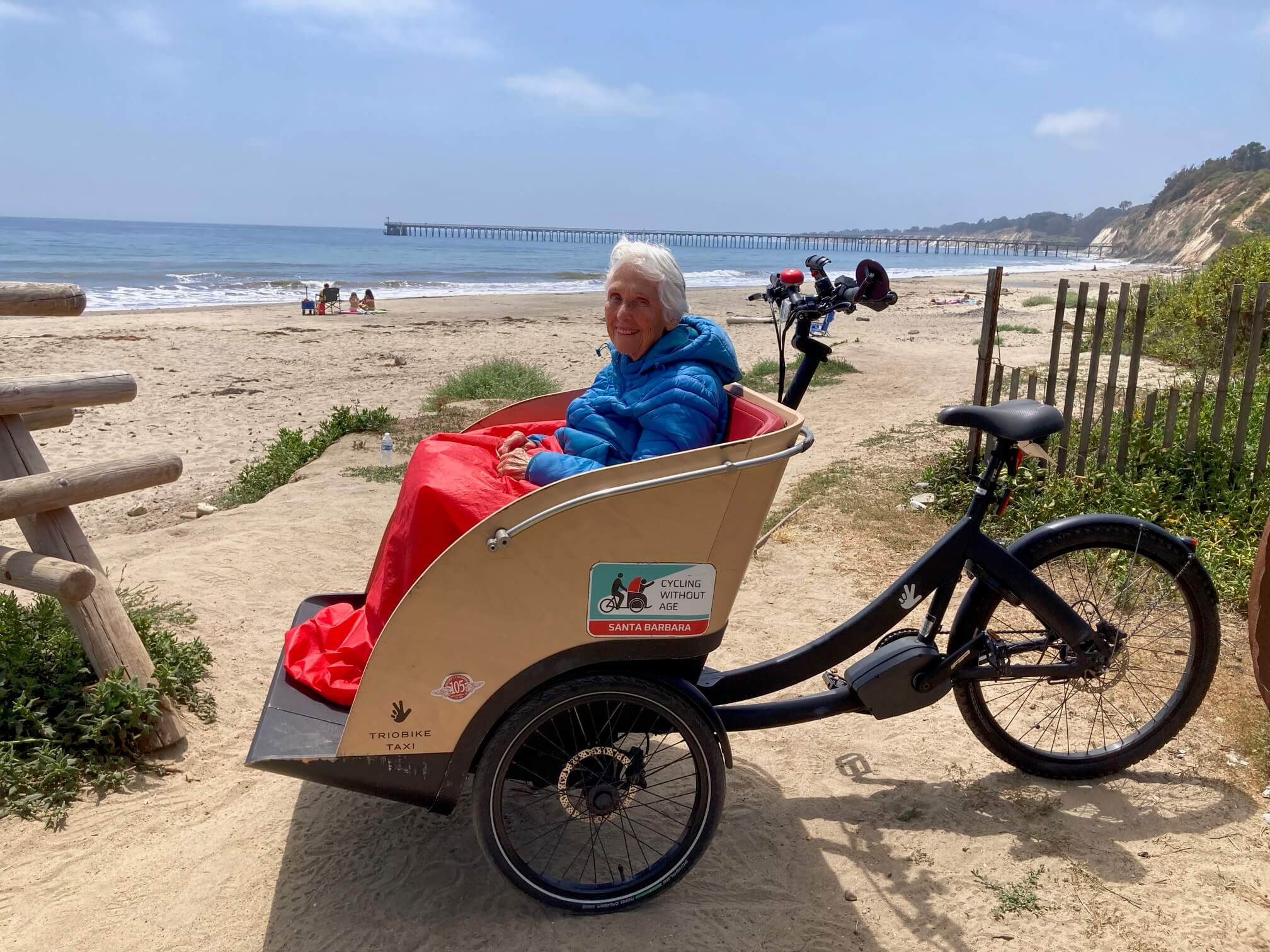
10 Tips for Healthy Aging Every Senior Should Know
10 Tips for Healthy Aging Today As you explore 10 tips for healthy aging by Westmont of Carmel Valley, it’s essential to make intentional health
Gain expert insights and practical tips to help seniors and their families navigate senior living with confidence.
Category: Health

10 Tips for Healthy Aging Today As you explore 10 tips for healthy aging by Westmont of Carmel Valley, it’s essential to make intentional health

Geriatric Ailments: Navigating Common Conditions in Aging Aging is a journey filled with both joy and complexity. For many families, learning how to recognize and

Discover Modern Assisted Living Amenities in La Mesa Exploring the modern assisted living amenities today reveals a world far beyond basic care. At Westmont of

Music Trivia for Seniors: Golden Melodies That Never Fade Reliving the soundtrack of your youth is one of the most rewarding experiences, and what better

The Path to High-Quality Senior Health & Happiness As you navigate the complexities of aging, you may seek ways to enhance your well-being while maintaining

Drinkable Meals for the Elderly: Nutritious Solutions That Work Ensuring seniors maintain proper nutrition can be challenging, especially when appetite or chewing issues are a

Weak Legs Symptoms and What They Mean for Seniors If you’ve noticed a decline in mobility or strength, recognizing the early signs of weak leg

Retiring in Oregon: Family Life, Nature & Community Retiring in Oregon offers a refreshing blend of natural beauty, family connection, and community support. Whether you’re

At Westmont of Santa Barbara, we believe life’s joys don’t stop with age, and one of the most beautiful examples of that belief in action

Compassionate Dementia Care Plans for Seniors in Memory Care When developing dementia care plans, the focus should always be on personalization and compassion. Crafted for
Discover the level of care you or your family member requires.
Popular Blogs





Find out if you or your loved one’s current lifestyle is best suited for long, healthy aging.
Each of our communities across California and Oregon offers a unique blend of activities, connection, and wellness.
Embrace a lifestyle where your interests and independence are celebrated every day.
9000 Murray Drive La Mesa, CA 91942
Luxury redefined in a resort-style setting, tailored for dynamic senior living experiences.
190 Via Jero, Goleta, CA 93117
Where warmth meets care, curating an inviting senior living experience.
17050 Arnold Drive Riverside, CA 92518
A harmonious blend of belonging, independence, and enriching senior lifestyles.
Pick a Westmont community to explore and schedule your personal walkthrough!
Make yourself at home where a happy, healthy lifestyle goes hand-in-hand with your personal fulfillment, enrichment, and growth.
Answer a few quick questions to unlock the exciting future senior living can offer!